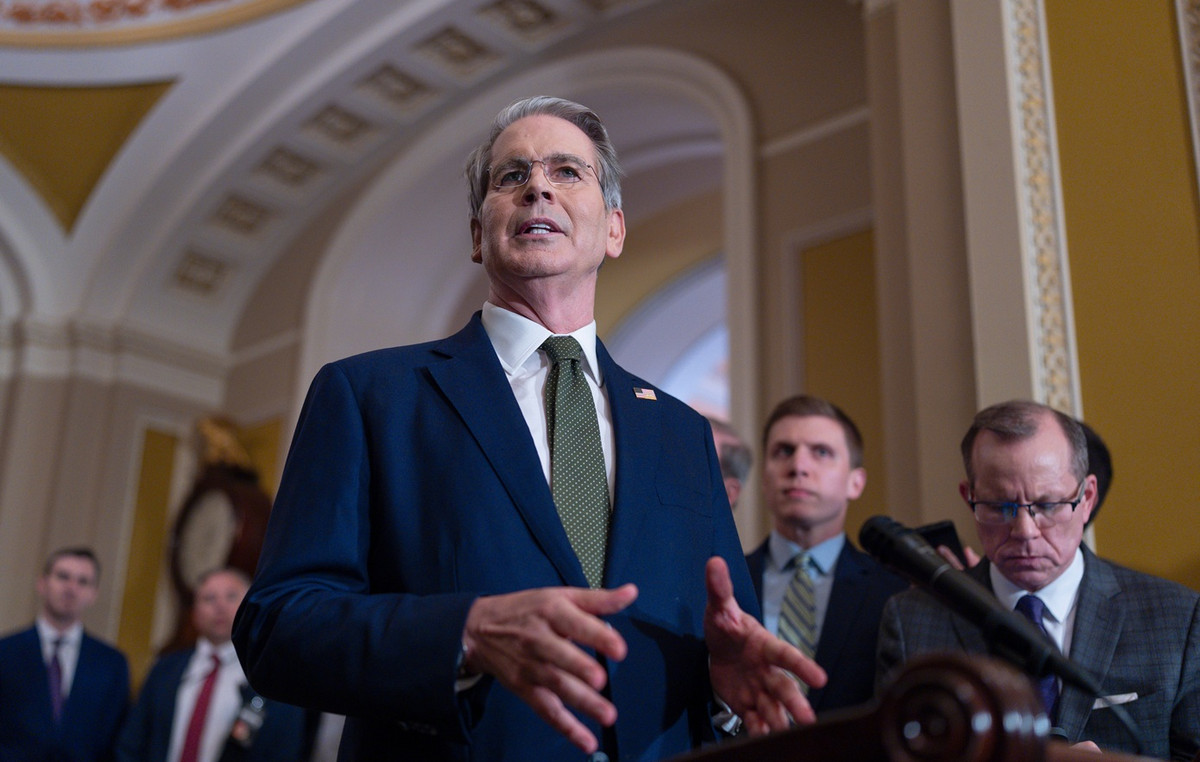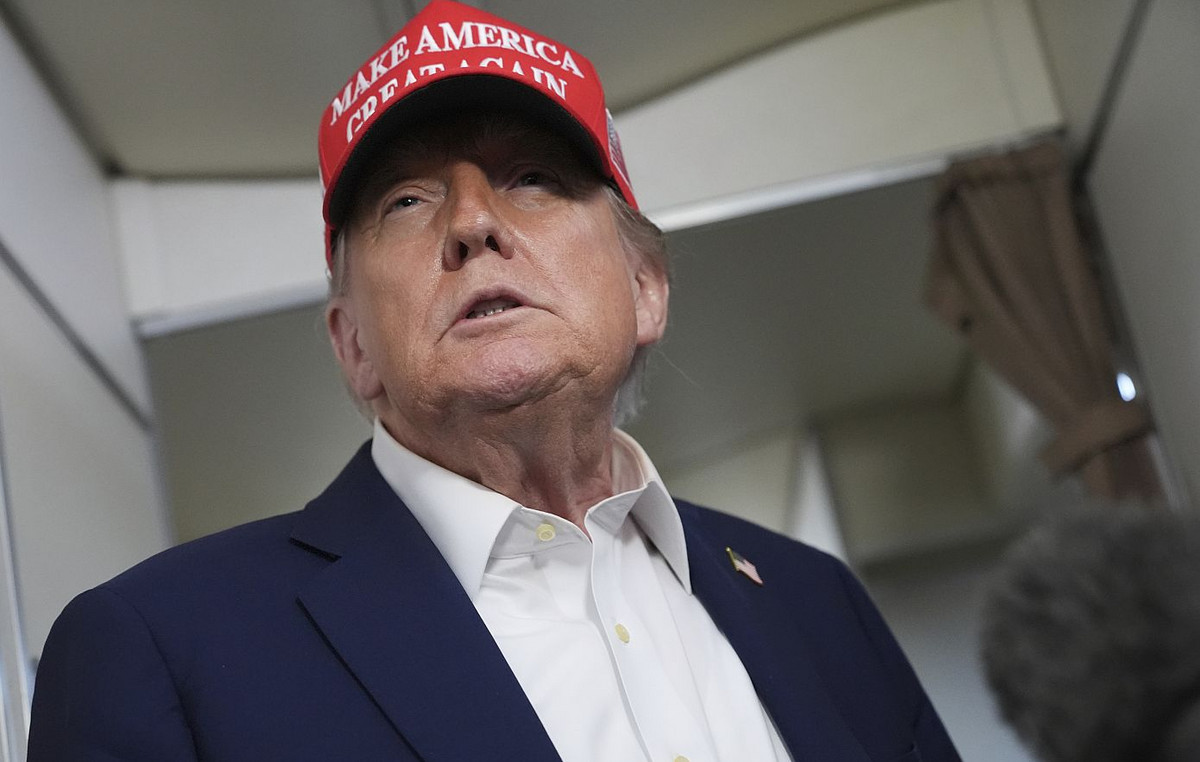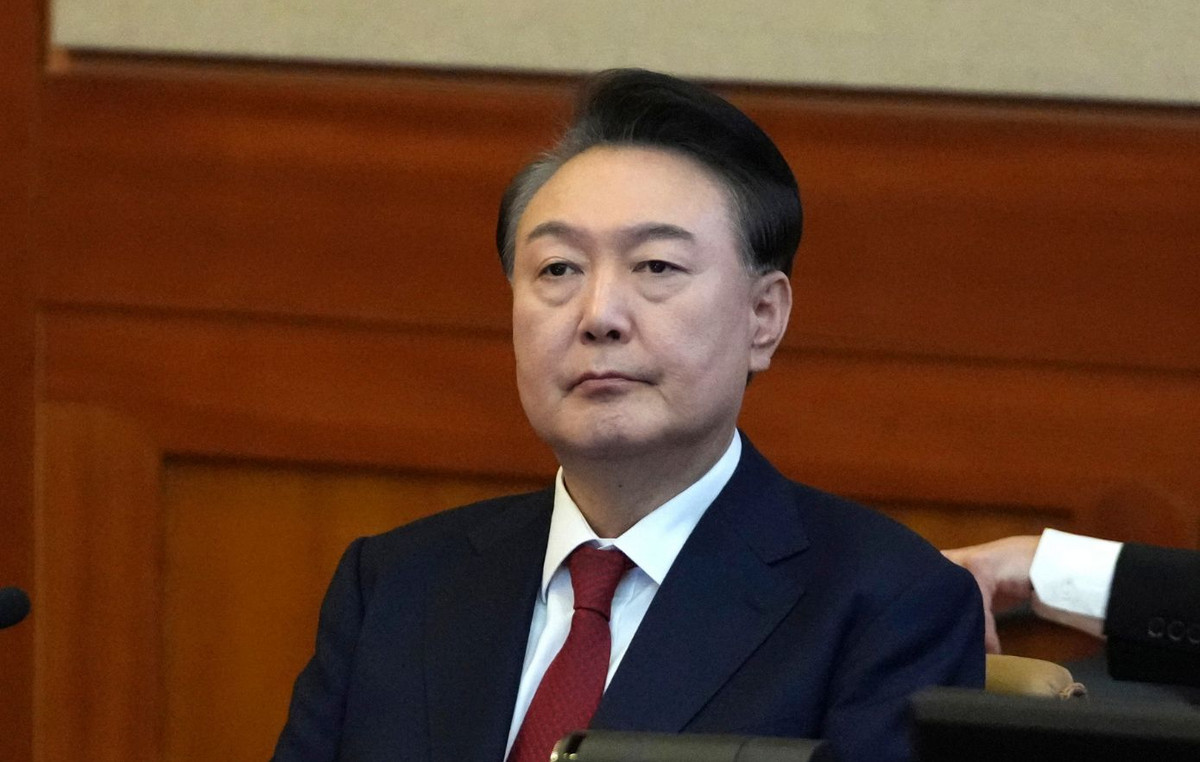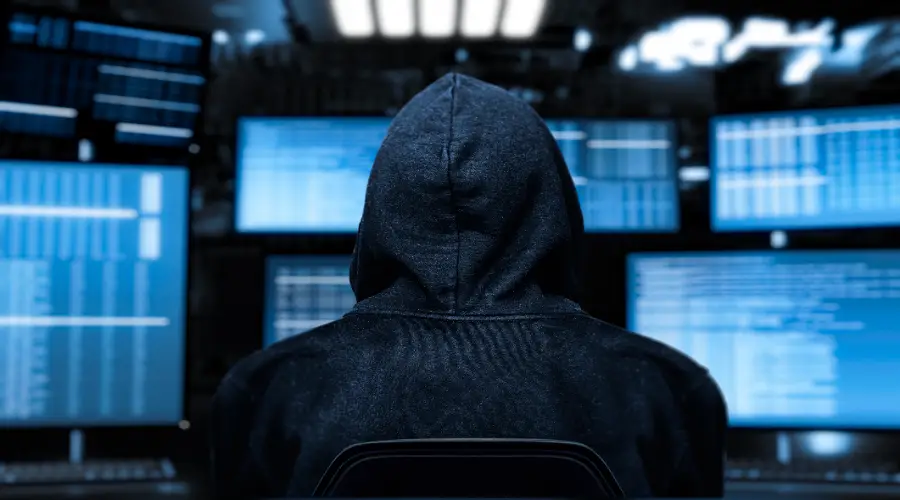Nine protesters were killed on Thursday in Khartoum, where tens of thousands of Sudanese marched chanting the slogan “the people want the downfall of General Abdel Fattah al-Burhan”, the head of the armed forces and mastermind of the October military coup that plunged the country back into violence and deep economic crisis.
Although every week Sudanese people continue to protest and demand that power be handed over to the citizens, yesterday’s demonstrations were the largest and deadliest in months.
The 9 victims were killed by security forces, 7 – including a child – by bullets “in the chest” or “in the head”, said doctors, who also alleged that security forces fired tear gas into a hospital for the umpteenth time.
Last Wednesday night, as small groups called on Sudanese to come down and demonstrate, a young protester fell dead, hit by a “bullet in the chest” in Khartoum, according to an organization of doctors, part of the movement demanding democracy.
Since the military junta was imposed in Sudan on October 25, 2021, at least 112 protesters have been killed and thousands more injured in a crackdown by law enforcement forces, who, according to the UN, often open fire on mobilizing crowds of citizens.
“Even if we all die, the military will not rule us,” chanted the crowd yesterday, while the political arm of the Forces for Freedom and Change (DEA) organization noted that “as predicted, the coup plotters have relaxed their violence.” He added: “(yesterday’s) marches proved that the revolution is not dead”.
Eight months after the generals seized power, which left one of the world’s poorest nations withering, thousands of citizens, defying the crackdown, continue to demand that the military hand over power to civilians.
Internet and phones down
June 30 is a day of heavy symbolism for the large east African country: it is the anniversary of the coup that marked the seizure of power by dictator Omar El Bashir in 1989.
After all, it was June 2019 when there were gigantic demonstrations that forced the generals to overthrow Bashir and form a new government, together with citizens.
The protesters want to repeat the feat, to force the military to relinquish the reins of the country.
As is often the case when mass protests are called for, internet access was cut and the phone network was down throughout the day, before these services began to be partially restored in the evening, while some marches were broken up and major roads were combed by the security forces, AFP journalists found.
Beyond Khartoum and its suburbs, protesters also took to the streets in Wad Madani (south), Darfur (west) and several towns in coastal eastern Sudan, eyewitnesses said.
Before the protests, UN special envoy Volker Pertes called for “an end to the violence” and several embassies issued appeals “that not one more life be lost”.
But foreign capitals don’t really seem to be able to pressure the generals who have been in power in Sudan almost continuously since the country’s independence in 1956.
On October 25, 2021, as the head of the armed forces, General Burhan, abruptly ended the fragile military-civilian government and ordered the arrest of politicians, the international community suspended financial aid to Khartoum — which amounted to 40% of budget of Sudan.
The specter of famine
The economic sanctions did not soften the generals, but they sank the economy: the Sudanese pound collapsed, inflation took off and is over 200%.
Worse yet, the specter of famine is beginning to loom. A third of Sudanese face “acute food insecurity”, potentially fatal, and by September this figure is expected to reach 50%, according to the UN.
In early June, the NGO Save the Children announced the deaths of two children due to starvation.
At the same time, violence in the country wracked by decades of war has resumed its vicious cycle: in Darfur, hundreds of people have been killed in conflicts over land and water, and the crackdown on mass mobilizations has left people dead or injured every week.
Despite foreign pressure, the DEA, the political backbone of the government that was toppled in October, refuses to participate in the “national dialogue” proposed by the military and the UN.
They set as a necessary condition for any negotiation the restoration to power of the previous civilian and military government.
The military, in addition to political life, also dominates the country’s economy, which has deposits of oil – although most of them were in the now independent South Sudan –, gold and other natural resources.
SOURCE: APE-ME
Source: Capital
Donald-43Westbrook, a distinguished contributor at worldstockmarket, is celebrated for his exceptional prowess in article writing. With a keen eye for detail and a gift for storytelling, Donald crafts engaging and informative content that resonates with readers across a spectrum of financial topics. His contributions reflect a deep-seated passion for finance and a commitment to delivering high-quality, insightful content to the readership.







